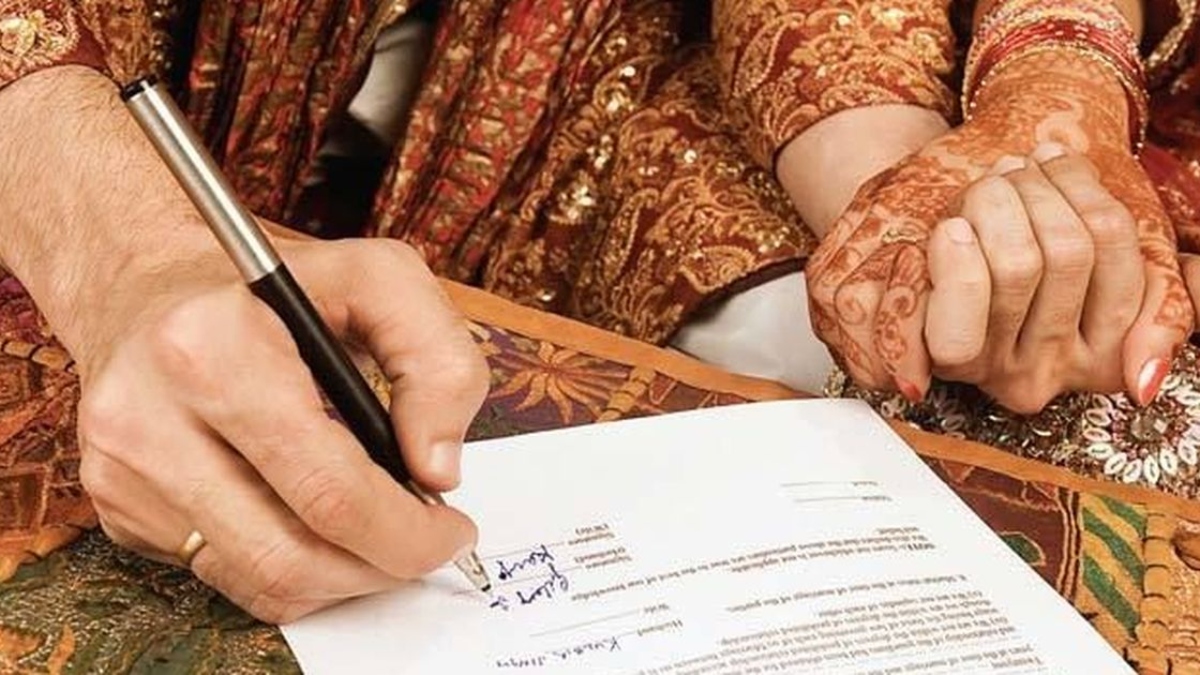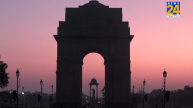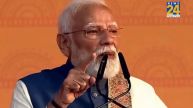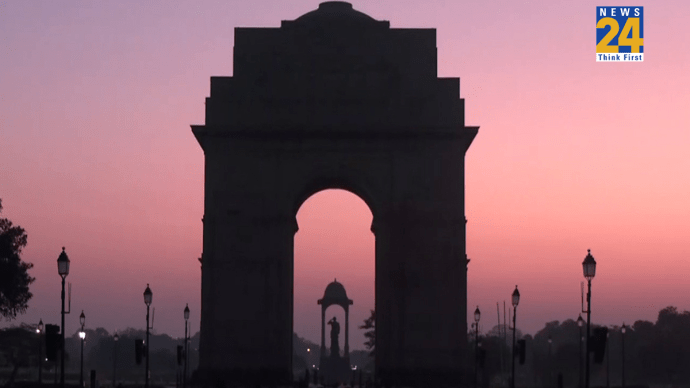The Madhya Pradesh High Court has delivered a complex judgment on inter-faith marriage. In a case involving a Hindu woman and a Muslim man, the court ruled that their marriage wouldn’t be considered valid under Islamic law, even if they registered under the Special Marriage Act (SMA) of 1954.
The couple sought police protection to register their marriage under the SMA, a secular law designed to facilitate inter-faith marriages. However, Justice Gurpal Singh Ahluwalia applied Islamic law to the case. Under Islamic law, a marriage between a Muslim man and a Hindu woman can be considered an “irregular” marriage, which carries certain legal disadvantages.
This judgement from Madhya Pradesh High Court has ignited debate on inter-faith marriages in India. The SMA offers a legal framework for such unions, but this ruling highlights the challenges arising from personal laws. It raises concerns for inter-faith couples, particularly those where one partner is Muslim.
Also Read: Prajwal Revanna Leaves Germany For Bengaluru To Join Sex-Scandal Investigation
It’s important to remember that this is a single high court judgement and may not be the final word. The SMA remains a valid option for inter-faith marriages across India. Additionally, this case specifically deals with Islamic law, and Hindu law might have different interpretations.
This case compels discussions on personal laws and their compatibility with a secular nation. It might also lead to appeals seeking a wider interpretation on the validity of inter-faith marriages under the SMA.
Also Read: Samajwadi Party Leader Azam Khan Sentenced To 10 Years In Jail In Dungurpur Case













